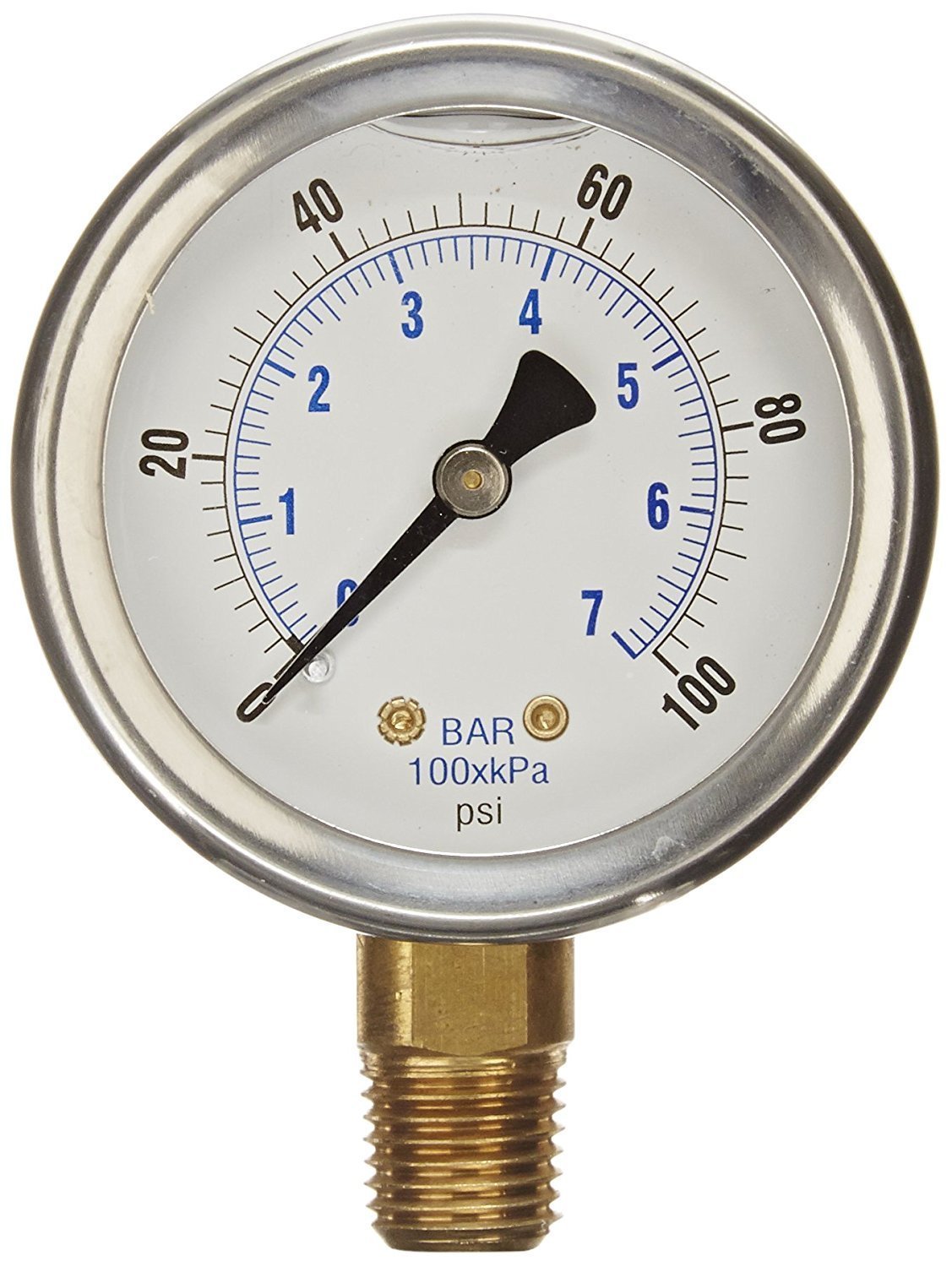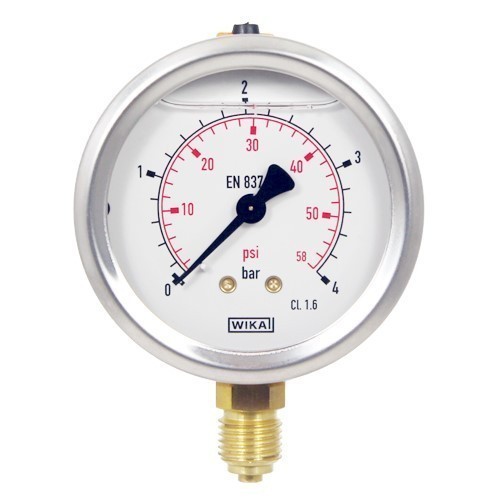We Offer Revolution Of Industrial Engineering
Resistant Temperature Detector Suppliers in Kuwait
Everything needs to know about the resistant temperature detector


Types of RTD
Wire-Wound RTDs
It is constructed by wrapping a platinum-like wire with a small diameter into a coil and storing it inside a ceramic insulator. The platinum wire is then spot-welded to larger extension wires. On the other hand, the small diameter wire can be wound around the outside of a ceramic mandrill and coated with an insulating material like glass before being spot-welded to the winding wires with extension wires.
Thin Film
It is made by setting down a thin coating of resistive substance, normally platinum movie, onto a clay substrate. An outline is then fixed onto the part, making the electrical path. Platinum Thin-film recommends almost linear hotness vs. resistance link and very high exactness over wide heat ranges.
RTDs are typically more expensive than thermocouples. A thermocouple of the same temperature and design will typically cost two to three times more than an RTD. Installation of RTDs can save money because the inexpensive copper wire is used. However, these savings are insufficient to offset the higher cost of the device.
StabilityRTD probe analysis stays steady and repeatable for a lengthy time. Thermocouple analysis tends to cost because of substantial changes in the antenna, such as corrosion. RTDs’ linearity and need for cost make them steadier in the lasting.

RTDs are typically more expensive than thermocouples. A thermocouple of the same temperature and design will typically cost two to three times more than an RTD. Installation of RTDs can save money because the inexpensive copper wire is used. However, these savings are insufficient to offset the higher cost of the device.
StabilityTemperature sensing is frequently carried out in "unfriendly" conditions, such as environments that are oxidizing, reducing, or corrosive, and are frequently accompanied by severe vibration and electrical noise. When choosing a Resistant Temperature Detector Suppliers in Kuwait, The surroundings must be considered. A thermowell made of a material suitable for the process environment should be considered if the environment in which the process takes place carries a significant risk of sensor failure.
Strengths of RTDRTDs are generally used for purposes where frequency and correctness are important concerns. Suitably, Platinum RTDs have recurrence resistance vs. hotness characteristics over time. If a method is run at a detailed heat, the exact resistance of the RTD at that heat can be determined in the research lab, and it will not differ notably over time. RTDs also allows for simple transactions since their unique difference is much lesser than thermocouples. RTDs can also be used with measure instrumentation wire for connection to show or control gear where thermocouples must have the same thermocouple cable to obtain a correct measurement.




























